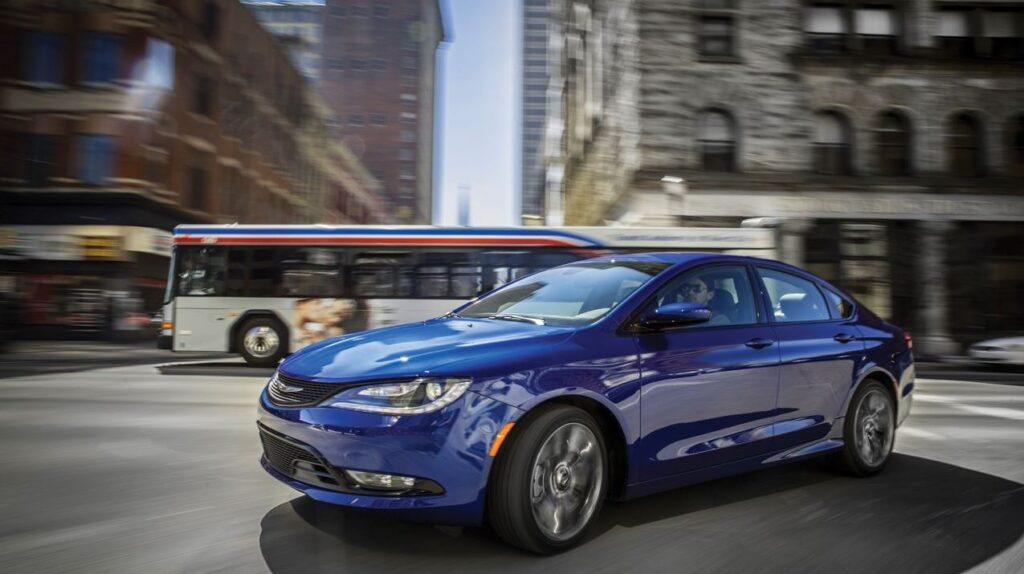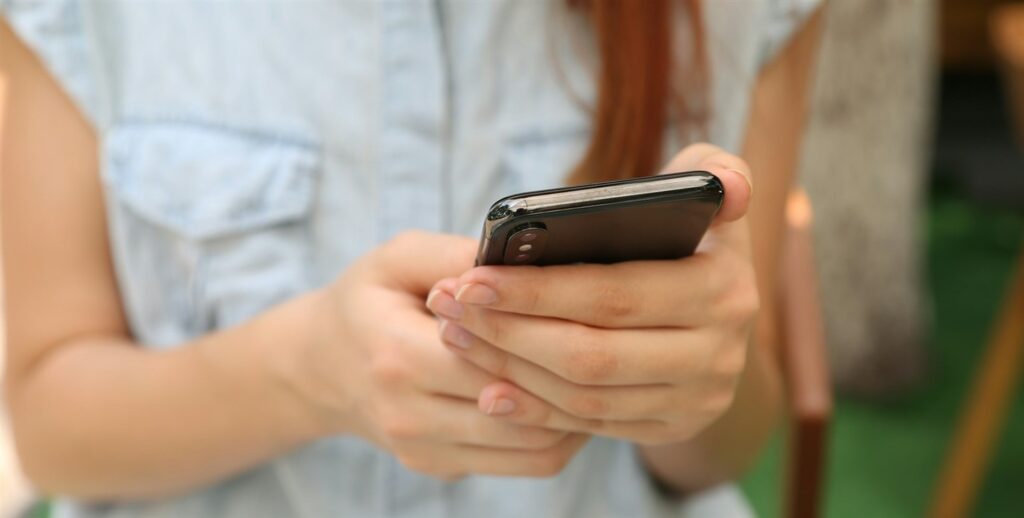In 2018, I wrote a post about reducing fast food packaging waste by following the 6-R’s: Rethink, Refuse, Reduce, Reuse, Repair, and Recycle. This can help us prevent plastics from polluting our landfills. You can check out my post here. What progress have we made in Edmonton and the rest of the country? In Edmonton, we passed a bylaw on July 1st, 2023 to reduce or ban the amount of single-use plastics from going into the website. The federal government is taking another stance to reduce waste and ban importing or making plastic bags by the end of this year. That’s progress, but I wonder if we can do more as consumers.
Edmonton single-use bylaw
The Edmonton Bylaw that tackles single-use plastics is called the Single-use Item Reduction Bylaw (20117), but does it go far enough? Plastic bags, cutlery, foam plates, cups, bowls and containers are being phased out. The bylaw applies to most organizations that hold a business license or a civic event permit. I find it hard to believe that there is going to be a big reduction in single-use items since it doesn’t go far enough. The city claims to reduce usage by 20% by 2026 since it came into effect last year. The bylaw is expected to reduce single-use items usage by 20% by 2026 and to prevent litter, pollution, and landfill waste.
Cafes and restaurants
When I visited my local fast food place, I was surprised I could still get single-use accessories upon request at the restaurant. Puzzling. That is a stipulation in Edmonton’s bylaw — foodware accessories such as straws, cutlery, napkins, and condiments can still be provided upon request or by self-serve. At least reusable cups are used for dine-in, but customers have to remember to bring their reusable cups for take-out. Most fast-food coffee places sell reusable mugs. I am encouraged to see that more cafes and restaurants offer more eco-friendly disposal options — garbage (landfill), recycling, organic food waste and cardboard/paper which is biodegradable/recyclable.
Government of Canada
What is the federal government doing to deter using plastic bags and takeout containers? A single-use plastics prohibition regulation was initiated in 2022 — rules that strive to prevent plastic pollution, reduce greenhouse gas emissions and achieve zero plastic waste by 2030. Last year, the government banned Canadian companies from importing or making plastic bags and takeout containers by the end of 2023. This is similar to Edmonton’s bylaw which went a step further.
Some of the items that the Federal government regulations target:
- Checkout bags
- Cutlery
- Foodservice ware made from or containing problematic plastics
- Ring carriers
- Stir sticks
- Straws (except for flexible straws that are exempt)
Food waste reduction
Have you heard about the Food Waste Reduction Challenge? It is a $20M initiative by the Government of Canada that offers monetary prizes to whoever can most effectively solve the problem of food waste. The challenge requests innovators to submit their solutions to prevent or divert food waste at any point from farm to plate. The challenge has four streams, each focusing on a different type of solution:
- Stream A: Business models that prevent food waste
- Stream B: Business models that divert food waste, food by-products,
and/or surplus food - Stream C: Technologies that extend the life of food
- Stream D: Technologies that transform food waste
Some countries, such as France, enforce laws prohibiting grocery stores and restaurants from throwing away edible food and require them to donate it to charities or other organizations. Canada has no such laws, but it has pledged to reduce food waste by 50% by 2030 under the Food Policy for Canada. Again, Canada has some catchup to do in this area.
Changing Consumer habits
As a consumer, I am very conscious of wasteful packaging at fast-food restaurants that ends up in our landfill site. Let’s start changing our habits by using reusable mugs for coffee and avoiding single-use plastics or you will be “dinged”. Businesses have to comply with the Single-use Item Reduction Bylaw so expect to pay at least 15 cents for paper bags and $1 for reusable bags. These fees will rise on July 1, 2024, to 25 cents for a paper bag and $2 for a new reusable bag. This motivates me to bring several reusable grocery bags when I go shopping.
Eco-friendly products and ideas
I am encouraged by several startups who capitalizing on curbing waste from ending up in our landfill. A great alternative to plastic straws is Sorbos edible straws: these sustainable, individually packaged, and eco-friendly items can be ordered in bulk quantities of 200, ensuring they last a while in zero-waste packaging. Get them here on Amazon.
ChopValue is a Canadian company that turns disposable chopsticks into high-performance composite materials and furniture. They collect over 32 million chopsticks from restaurants like Edo Japan, and have created products such as tables, shelves, coasters, and more.
Too Good To Go– I love this business startup and use it a couple of times a month. Too Good To Go is an app that lets you rescue unsold food at your favourite bakery or fast restaurant. Otherwise, some food will end up being wasted and costing businesses money.
Corndrop Coffee Travel Mug– One of my favourite portable travel mugs that is sustainable and eco-friendly. This leak-proof lid design has a great silicone grip and has zero waste since it is made out of compostable PLA Corn Material. I got the set of 2 mugs for 18.99 on Amazon.
The single-use plastic bylaws and regulations are a good step towards reducing waste and environmental impact. Not sure how the city of Edmonton can enforce these regulations so I think educating people is the best approach. I am proactive in minimizing waste especially when I go shopping or eat at fast-food restaurants. I am optimistic about new technological startups and the willingness to change our old habits. Let’s all do our part! I welcome your feedback and inquiries. Thanks.

